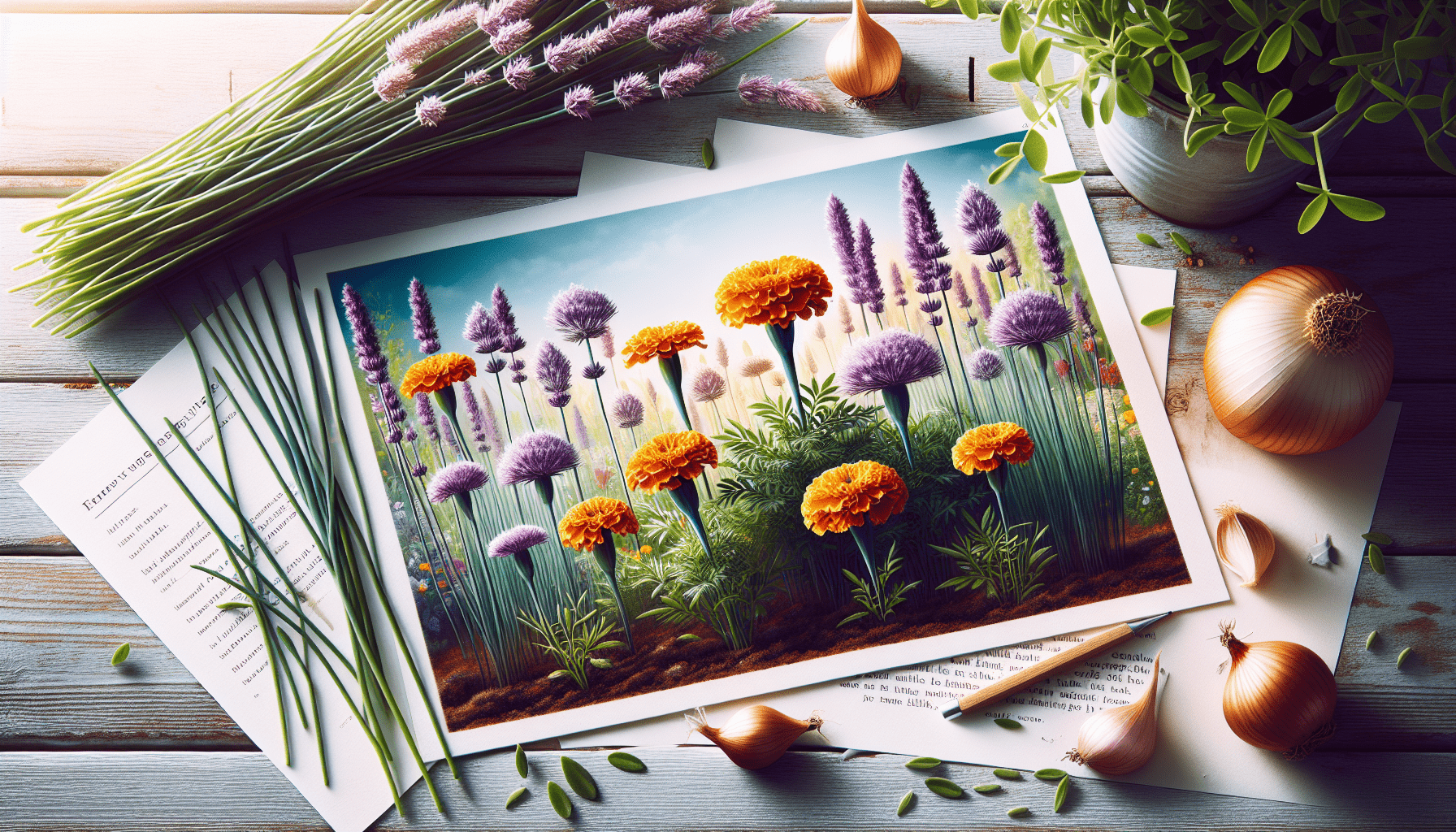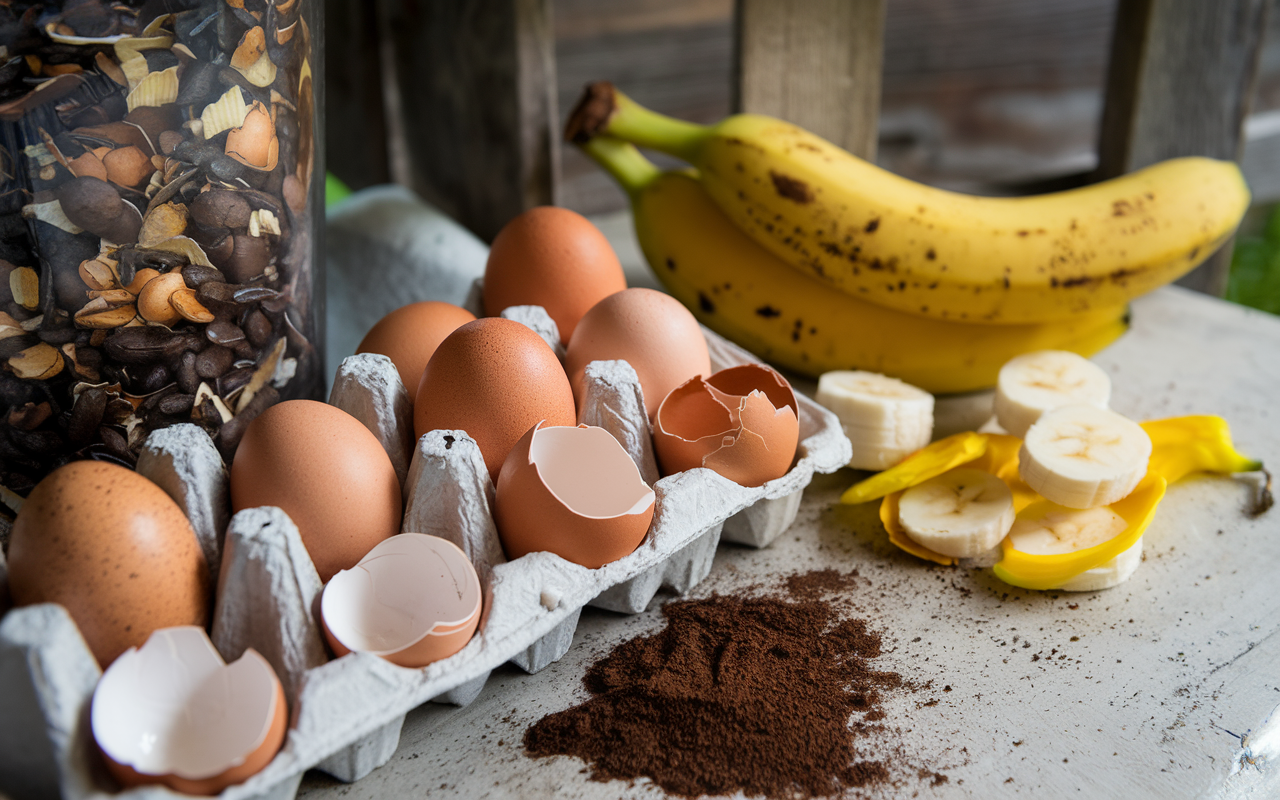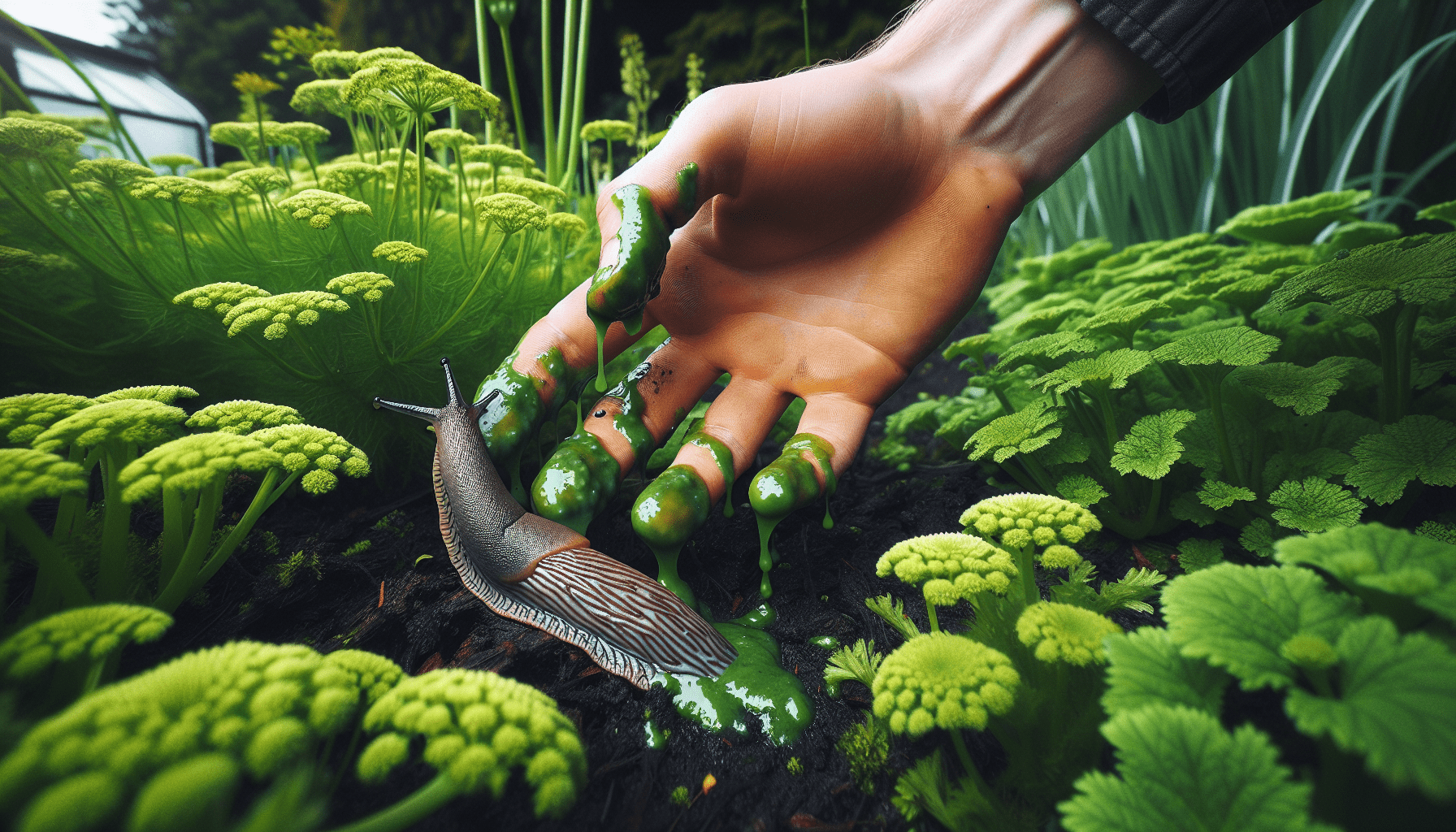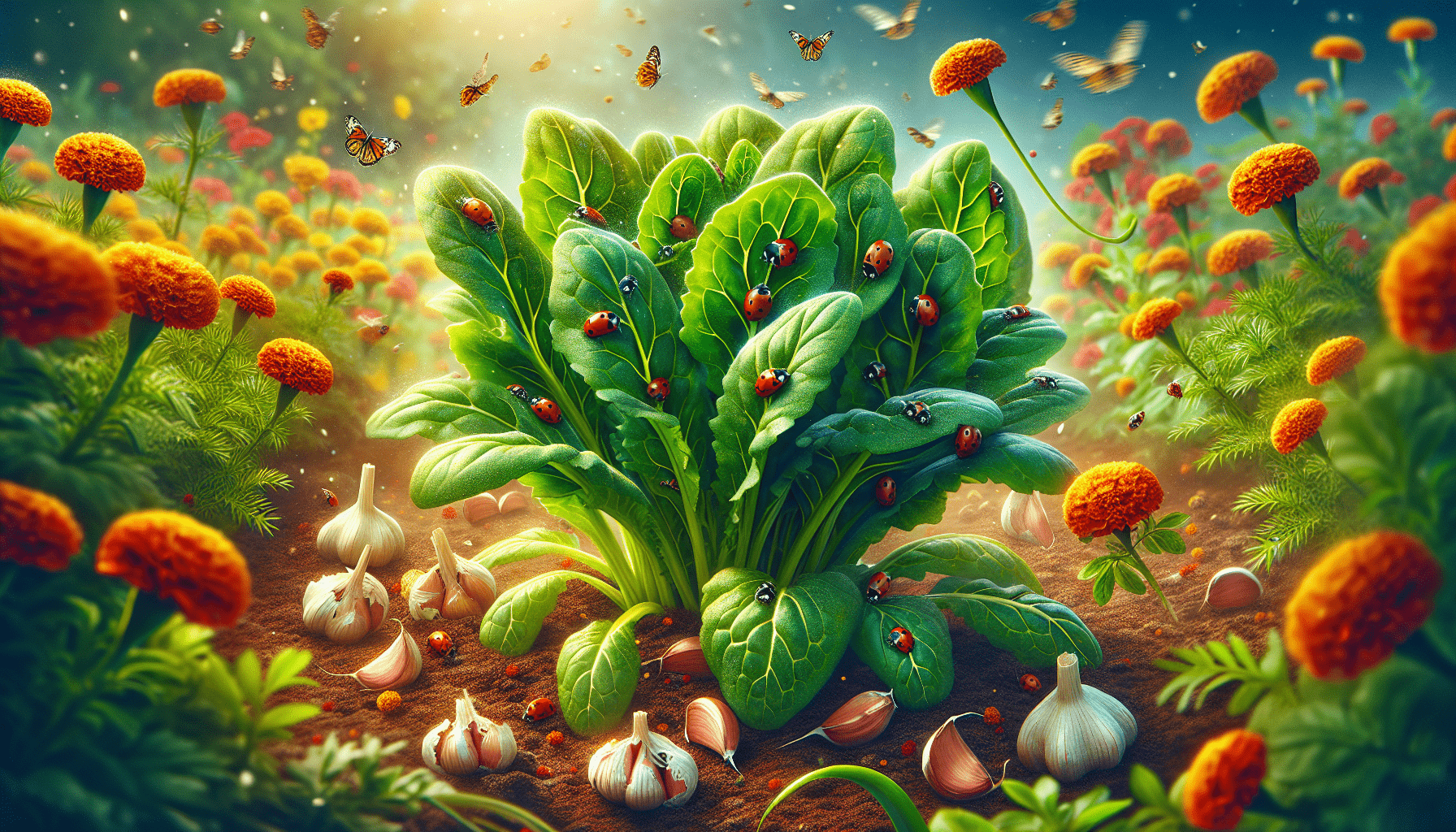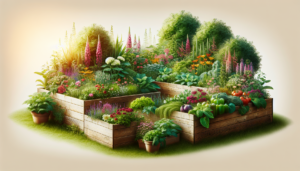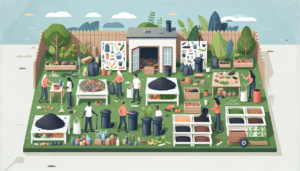How To Create A Pest-Resistant Garden: Expert Tips
Are Pests Taking Over Your Garden?
It can be frustrating to spend hours tending to your garden only to find it ravaged by pests. But fear not, creating a pest-resistant garden is not as elusive as it may seem! Follow these expert tips to keep your garden flourishing and free from pesky invaders.
Identify Common Garden Pests
Before you can effectively tackle pest control in your garden, it’s important to know your enemy. Common garden pests include aphids, caterpillars, slugs, snails, and beetles. By identifying these culprits, you can implement targeted solutions to keep them at bay.
Understand Pest Behavior
It’s essential to understand the behaviour of common garden pests to prevent infestations. For example, aphids are attracted to new growth and feed by sucking out plant juices, which can lead to stunted plant growth. Knowing the habits of pests can help you devise strategies to deter them effectively.
Organic Pest Control Methods
When it comes to pest control in your garden, opting for organic methods is not only environmentally friendly but also safer for beneficial insects and wildlife. Here are some effective organic pest control strategies to implement in your garden.
Companion Planting
Companion planting involves growing specific plants together to naturally repel pests. For example, planting marigolds around your vegetables can help deter nematodes, aphids, and other harmful insects. Research companion planting options that are suitable for your garden to create a natural barrier against pests.
Neem Oil
Neem oil is a popular organic insecticide that is effective against a wide range of garden pests. Dilute neem oil according to the manufacturer’s instructions and spray it on affected plants to repel pests. Neem oil is safe to use around beneficial insects like bees and butterflies, making it a great choice for pest control.
Diatomaceous Earth
Diatomaceous earth is a natural product made from fossilized remains of marine organisms. It works by dehydrating and killing insects upon contact. Sprinkle a thin layer of diatomaceous earth around plants or areas prone to pest infestations to create a barrier against crawling insects like slugs, snails, and ants.
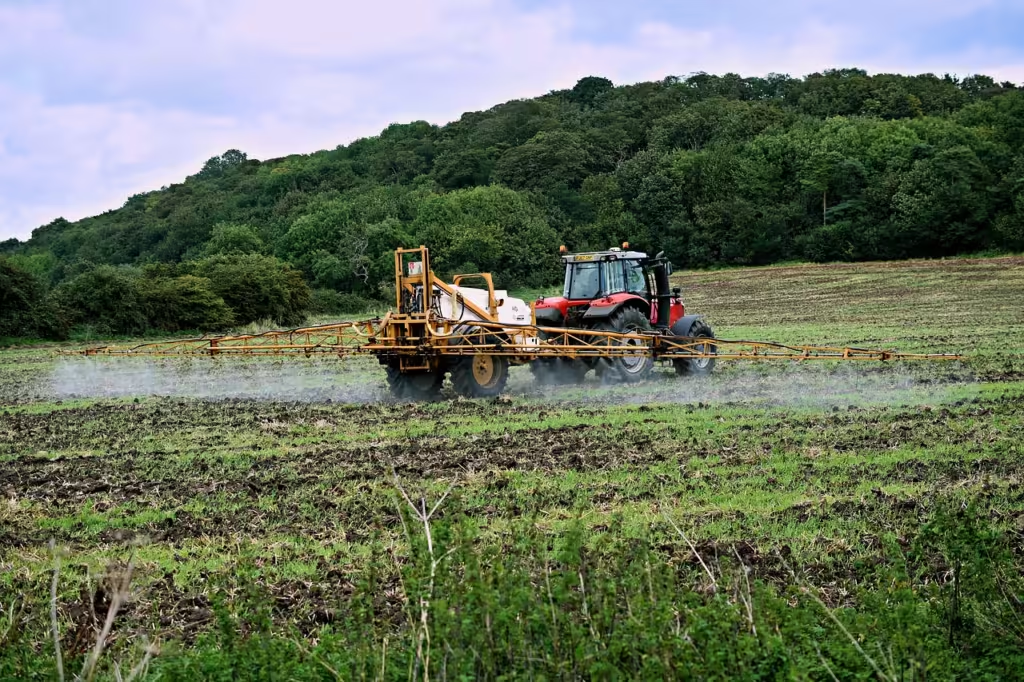
Natural Predators
Introducing natural predators into your garden is a sustainable way to keep pest populations in check. Beneficial insects like ladybugs, lacewings, and predatory mites feed on common garden pests, helping to maintain a healthy ecosystem in your garden. Consider purchasing beneficial insects from reputable suppliers to bolster your garden’s natural pest control system.
Birds
Attracting birds to your garden can also help control pest populations. Birds like sparrows, bluebirds, and robins feed on insects and caterpillars, keeping pest numbers under control. Provide bird feeders, bird baths, and native plants to create a bird-friendly environment in your garden.
Frogs and Toads
Frogs and toads are natural predators of slugs, snails, and insects in the garden. Create habitats like ponds, log piles, and rockeries to attract these amphibians to your garden. By encouraging frogs and toads, you can reduce pest damage without the need for harmful pesticides.
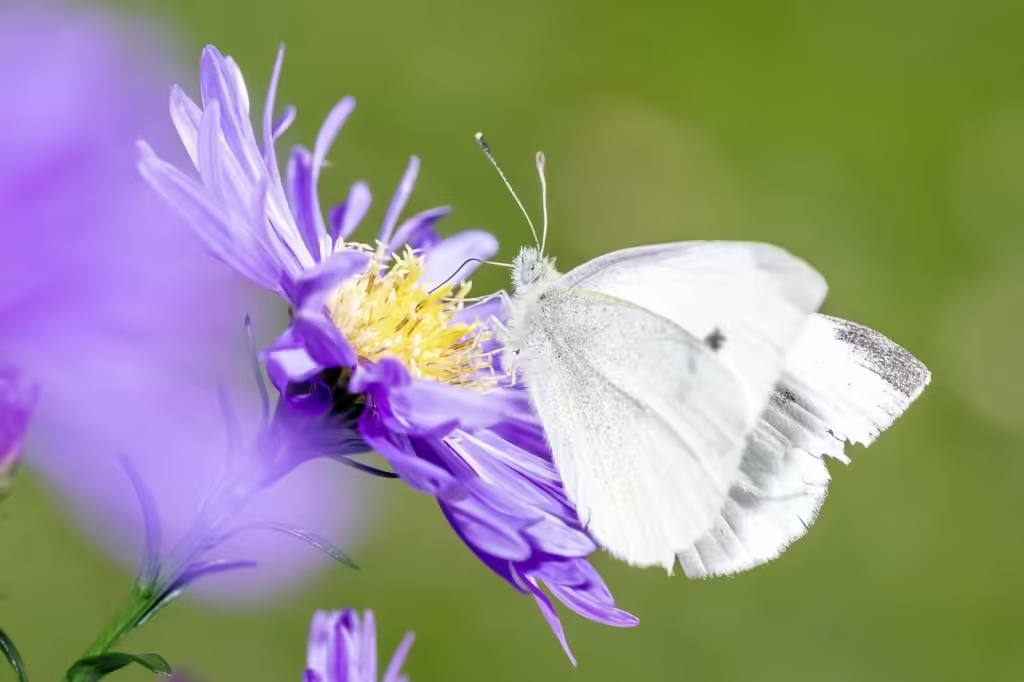
Effective Cultural Practices
In addition to organic pest control methods and natural predators, implementing effective cultural practices in your garden can help prevent pest infestations. By creating a healthy growing environment for your plants, you can reduce the likelihood of pests taking over.
Soil Health
Healthy soil is the foundation of a thriving garden. Ensure your soil is well-draining, rich in nutrients, and teeming with beneficial microorganisms to support plant growth. Adding compost, mulch, and organic matter to your soil can improve its structure and fertility, making plants more resilient to pest attacks.
Crop Rotation
Rotating crops in your garden can help prevent the buildup of pests and diseases in the soil. Different plant families have unique pest vulnerabilities, so changing the location of your crops each season can disrupt pest cycles and reduce infestations. Plan a crop rotation schedule to maximize pest resistance in your garden.
Watering Practices
Overwatering or underwatering plants can stress them and make them more susceptible to pest damage. Establish a consistent watering schedule based on the water needs of your plants to promote healthy growth and resilience. Use drip irrigation or soaker hoses to water plants at the root level and avoid wetting foliage, which can attract pests.
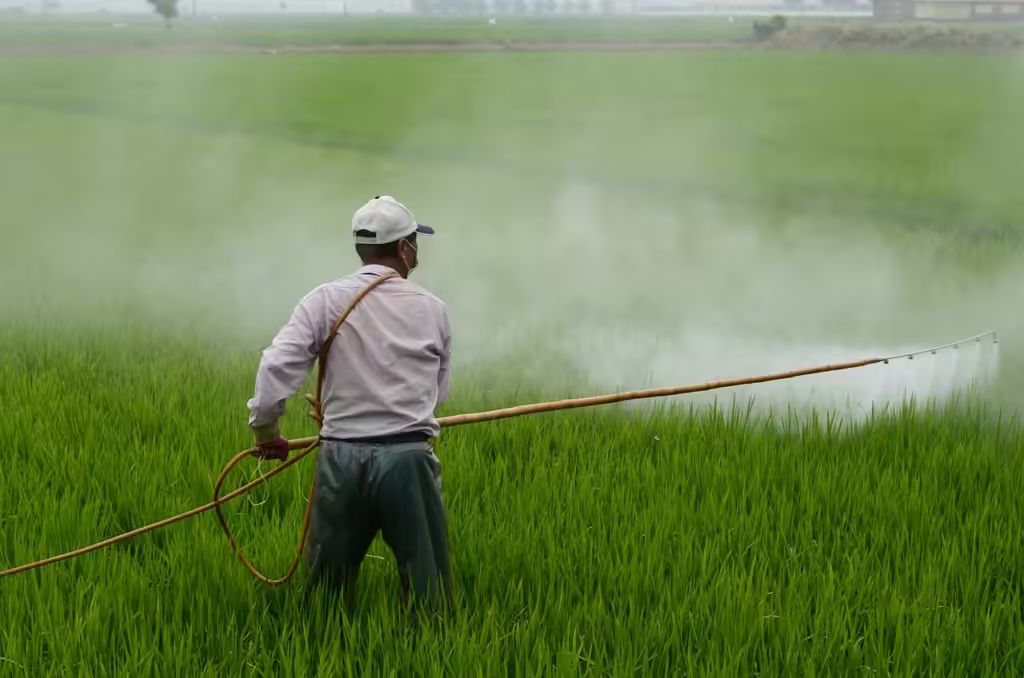
Physical Barriers
Creating physical barriers in your garden can deter pests from accessing your plants and prevent infestations. From row covers to plant collars, there are various ways to protect your garden from unwanted visitors.
Row Covers
Row covers are lightweight, breathable fabrics that can be draped over plants to keep pests at bay. They create a physical barrier that prevents insects from landing on plants and laying eggs. Use row covers to protect vulnerable crops like cabbage, broccoli, and squash from pests like cabbage worms and squash bugs.
Plant Collars
Plant collars are physical barriers placed around the base of seedlings to prevent pests like cutworms from damaging them. Cutworms are notorious for chewing through young plant stems at soil level, causing plants to wilt and die. Use plant collars made from cardboard, plastic, or aluminum foil to shield seedlings from cutworm attacks.
Copper Tape
Copper tape is an effective deterrent for slugs and snails, which are notorious for devouring leafy plants and seedlings. Apply copper tape around raised beds, containers, and planters to create an electrical charge that repels slugs and snails on contact. Copper tape is a non-toxic solution that can protect your garden from slimy invaders.
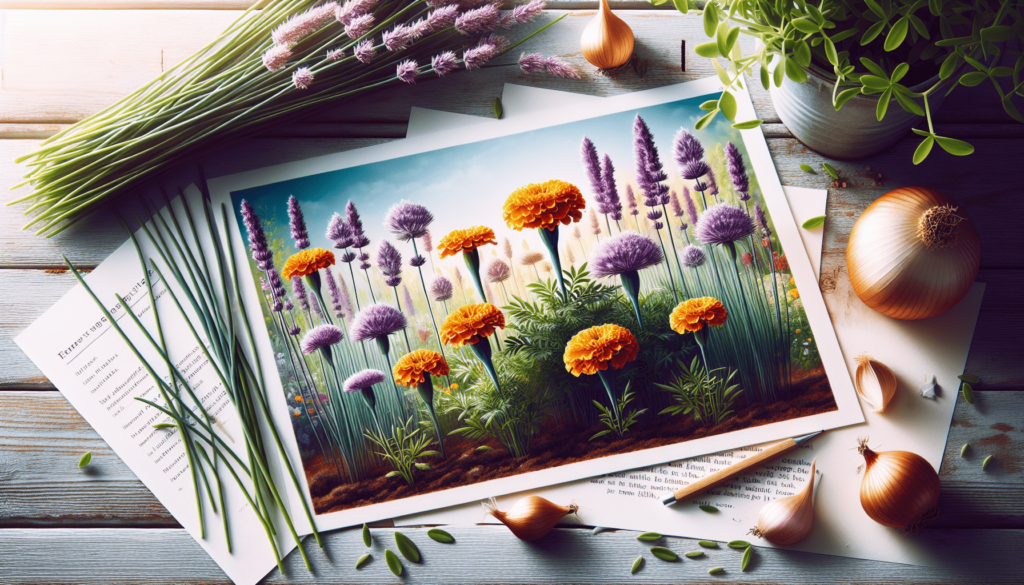
Conclusion
Creating a pest-resistant garden is a combination of organic pest control methods, natural predators, effective cultural practices, and physical barriers. By implementing these expert tips, you can protect your plants from common garden pests and maintain a healthy, thriving garden. Remember to observe pest behavior, identify natural solutions, and prioritize sustainability in your pest control efforts. With dedication and patience, you can transform your garden into a paradise free from unwanted intruders. Happy gardening!
